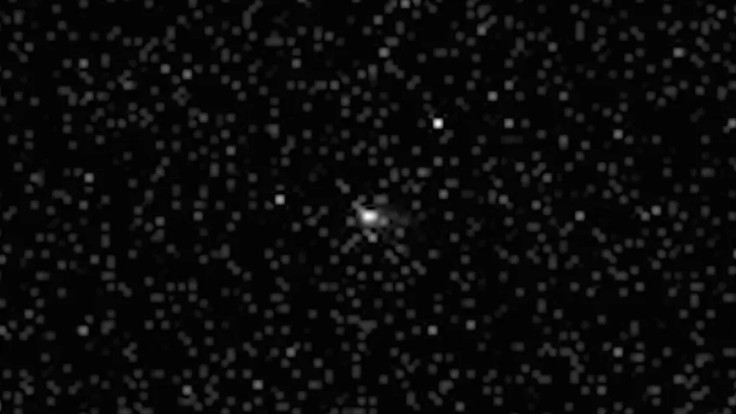3I/ATLAS: Harvard's Avi Loeb Warns Against 'Arrogance of Expertise'
Avi Loeb cautions that preconceived notions about interstellar objects could hinder scientific progress.

3I/ATLAS, currently passing through the solar system as of today, has sparked curiosity among astronomers and the public alike. But Harvard astrophysicist Avi Loeb, who heads the Galileo Project, has some warning against expert comments.
Loeb describes 3I/ATLAS as not just a scientific matter, but a teaching moment to value 'childlike curiosity' while exploring the universe. He emphasises that science is a process of evidence-based discovery rather than relying solely on past expertise.
The object, which made headlines for weeks, will be close to Earth on 19 December 2025, with the public encouraged to watch and explore the interstellar visitor on their own.
3I/ATLAS: The Case for Humility in Science
In a piece on Medium, Loeb cautions against what he calls the 'arrogance of expertise', arguing that preconceived notions can limit scientific progress. He clarified that his suggestion that 3I/ATLAS could be a technological artefact from another civilisation is theoretical.
He explained that science often investigates anomalies inconsistent with established models, generating hypotheses that guide the collection of new evidence.
By systematically testing these ideas, researchers can gradually eliminate possibilities until only one explanation remains.
So far, Loeb has identified ten unusual characteristics of 3I/ATLAS that prompted consideration of an extraterrestrial origin.
How Responses to 3I/ATLAS Inspire Next-Gen Scientists
The public response to 3I/ATLAS has been overwhelmingly positive, with hundreds of letters arriving at Loeb's office. Many are from parents expressing gratitude for sparking their children's interest in astronomy.
Loeb mentioned that a mother from Mexico wrote that her son now wants a telescope for Christmas after following updates about the object.
A Canadian engineer also praised Loeb's evidence-based approach, noting how it sparked curiosity in his own children and even inspired him to consider new career possibilities in science.
To add, a senior researcher at the Korea Advanced Institute of Science & Technology also expressed admiration for Loeb's willingness to explore other ideas, calling it a lesson in intellectual courage for both scientists and the wider public.
'Science allows us to maintain our childhood curiosity', said Loeb, who believes that 3I/ATLAS offers a unique opportunity to engage the public in the scientific process and approach anomalies without arrogance.
He warns that dismissing unconventional ideas simply because they are minority opinions stifles learning and slows progress.
Understanding 3I/ATLAS Is Not Over
While Loeb's interpretation of 3I/ATLAS as a potential technological product from other inhabitants of the universe is provocative, he emphasises that the claim is not yet proven.
There may have been photos now, especially from the China Space Agency, but data collection will be coming in the next few weeks, which will be crucial in determining the object's true nature.

Observations will include analyses of its trajectory, brightness, and other measurable properties to help scientists rule out mundane explanations such as comets or asteroids.
As for Loeb and his colleagues, they will be on standby as 3I/ATLAS approaches its closest point to Earth. They will be collecting data on their own that may finally reveal whether the object is indeed natural, like what NASA had said, artificial, or something entirely unexpected.
© Copyright IBTimes 2025. All rights reserved.




















